Abigail Gibbons assumed the presidency of PA in 1877- Under her leadership in the next fifteen years, the agency became an active pressure group for legislative reform. In addition to arguing against employing men as caretakers of female prisoners, WPA protested the overcrowding of jails and, through Mrs. Gibbons' efforts, a bill was introduced in the New York legislature providing for a reformatory for women and girls of New York and Westchester. After years of frustrating work, the bill was passed in 1892, and work began at Bedford, N.Y.
In an annual report of this time, the directors concluded, "New York has become the dumping ground of all creation. The restlessness of modern life is shared by the unfortunates of the lower classes. It is found more and more difficult to reta women in the Home and to induce them to go o to [domestic] service."
In 1874, WPA, which had by then served some 5,800 clients, moved from Tenth Avenue to l10 Second Avenue between 6th and 7th Streets. The agency borrowed $8,000 to buy the brownstone. Wrote the Directors, "There is a growing conviction that the object of confinement should be to reform rather than to punish, to fit the prisoner for a useful moral life in the world .... The WPA offers a shelter to women discharged from prison, stands ready to carry on the work of reform begun in the prison, by the healthful practical methods of employment and instruction combined and finally, to put the inmates in the way of getting an honest living...." The residents of the Home took in laundry and ironing and, occasionally, fine needlework for which they received payment. Part of their earning went into the support of the residence.
With new and expanded quarters, with Mr. Burrall's legacy earning interest, receipts continurf to grow. By 1876, the Directors reported an income of some $14,000, and despite the general financial depression of 1877-78, the agency was able to decrease its indebtedness on the residence. Four years later, the laundry was enlarged in the back the Home. In January 1893, Abigail Hopper Gibbons died at the age of 92. She was eulogized in her obituary asm "one of the most remarkable women of the century." She was not only one of the founders of the WPA, she was also the founder of the New York Diet Kitchen for infants and the sick and the poor, and president of the New York Committee for the Prevention and Regulation of Vice. A friend once said of the Hoppers and Gibbonses "they had a natural love for sinners."
Some of New York's best-known families became long-time supporters of WPA. Donations would often be called the agency's "life line." It was generally noted that "work with wrong doers has never been popular and has not attracted givers." In an early annual report of WPA, the Directors said, "We have not had our fair share of help from the public. We do not complain that others have had more, but only that we have had less." Another report surmised that "perhaps it is because there are some who confusedly feel that to avow sympathy with the criminal is almost like confessing a toleration for crime. But the tremendous cost to the taxpayer of bringing the same offender to trial again and again is a very practical reason for widespread support of such work as ours."
At the turn of the century, the Directors wrote about the new waves of immigration into New York, the relocation of prostitution to uptown areas, and commented that conditions in the jails were such as "might have existed in the dark ages." Thy expressed their basic philosophy in noting that "the sorrowful procession of our erring sisters passing through our prisons awakens our constant pity and calls for our kindliest Christian service ... As the higher civilization advances, we are learning that [prisons] should be reformatories. . . ."
June . . . $374.71 largest amount
|
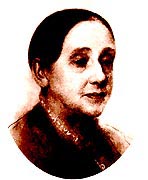

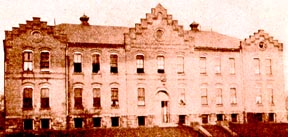
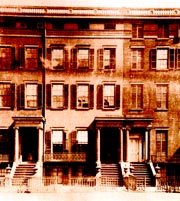
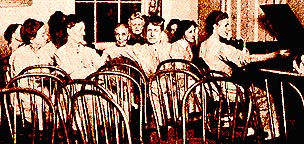
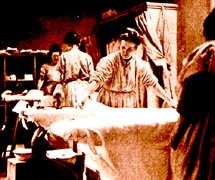
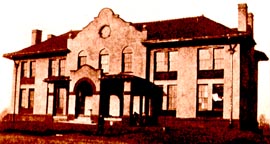
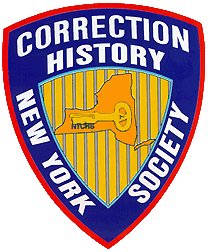
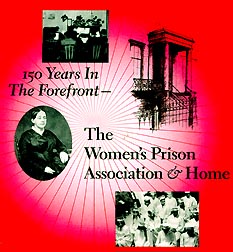 ©1995, 1999 The Women's Prison Association & Home, Inc. All rights reserved. No part of the original 1995 book or of this 1999 web reproduction may be further reproduced or re-transmitted in any form or by any means, electronic or mechanical, including photocopying, recording, or any information storage and retrieval system, without permission in writing from the publisher.
©1995, 1999 The Women's Prison Association & Home, Inc. All rights reserved. No part of the original 1995 book or of this 1999 web reproduction may be further reproduced or re-transmitted in any form or by any means, electronic or mechanical, including photocopying, recording, or any information storage and retrieval system, without permission in writing from the publisher.